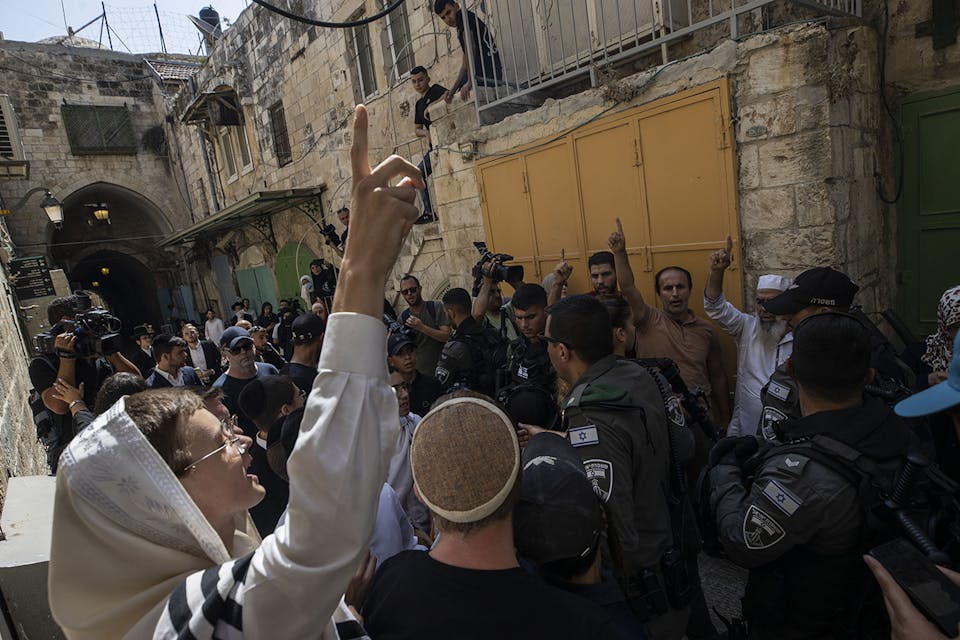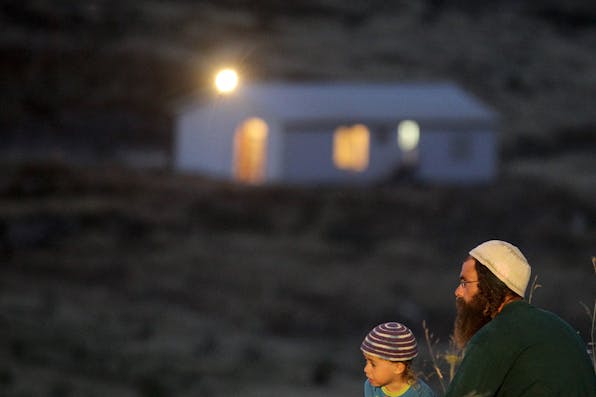
August 29, 2022
Why Israel’s Settlers Splintered
How can a state that relinquishes parts of the biblical Land of Israel be considered “absolutely sacred"?
In his excellent essay, Daniel Kane shows how the Israeli settlement project has expanded beyond the limits of its founders to include many sectors of Israeli society and not just the adherents of those founders’ own messianic visions of religious Zionism. This was the goal from the beginning: the early settlers knew that for their enterprise to be successful, it would have to pull support from as much of Israeli society as possible. Without broad support, they feared, Israel would eventually decide to pull back from the West Bank.
They had good reason to think this. In 1982, Israel, under the leadership of Prime Minister Menachem Begin, evacuated all its settlements in the Sinai Peninsula as part of the peace treaty with Egypt. In 1993, Prime Minister Yitzḥak Rabin signed a peace treaty with the PLO, and Israel withdrew from parts of the West Bank and the Gaza Strip and handed them over to the nascent Palestinian Authority. In 2005, Prime Minister Ariel Sharon, famous for his hawkishness, ordered the evacuation of all Jewish settlements in the Gaza Strip and four settlements in the West Bank. The adherents of the Greater Israel movement know, in other words, that the future of Jewish presence in the West Bank is not guaranteed.
Such territorial compromises were deeply wounding to the many messianically inspired religious Zionists, among them the founders of the settlements. From the movement’s early days, religious Zionist thinkers have sought to imbue the Zionist enterprise with covert messianic significance. The religious philosophy of Rabbi Abraham Isaac Kook (1865-1935) holds particular influence. According to Kook’s thinking, the Zionist body acts in the material realm, but its innermost core aspires to eternal spiritual life, which constitutes the “real” foundation for its operations and aims, even if the body is unaware of this.


